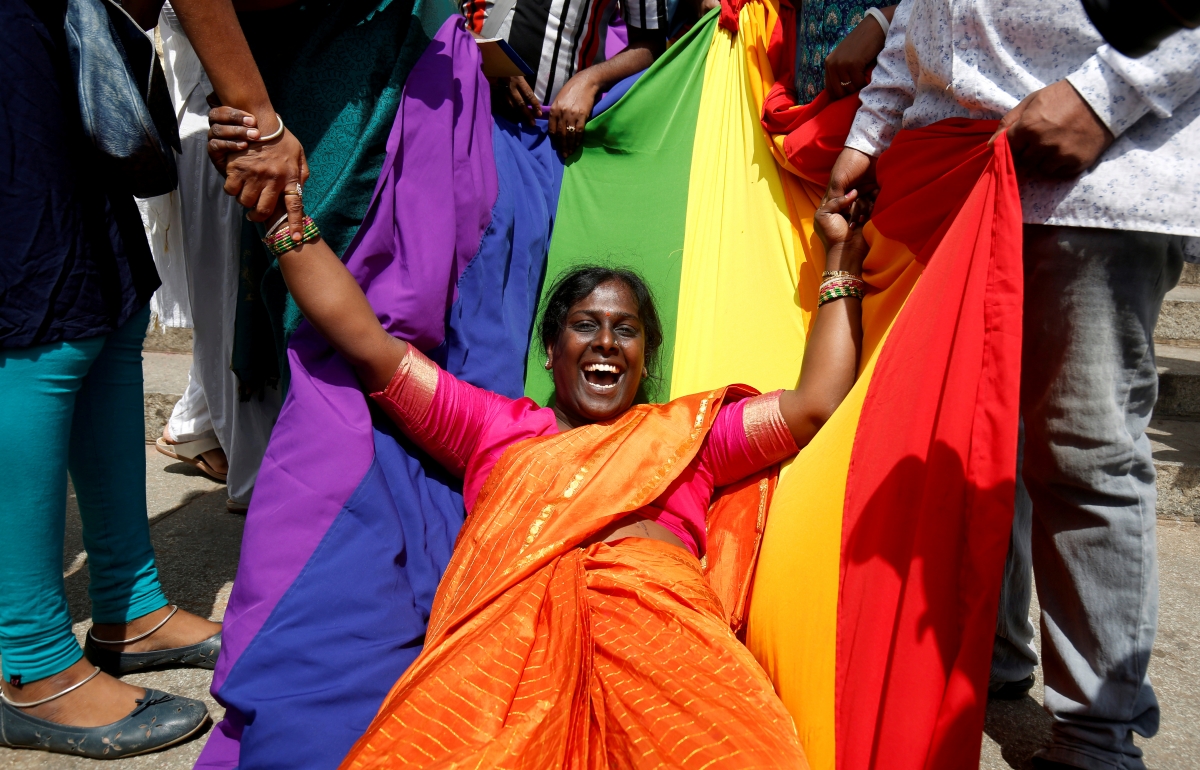The Impossibility of Marriage Equality in India: Why Supreme Court Refused to Legalise Same-Sex Unions

The Impossibility of Marriage Equality in India: Why Supreme Court Refused to Legalise Same-Sex Unions
The recent decision by the Supreme Court bench, headed by Chief Justice of India DY Chandrachud, has upheld the stance that marriage is not to be recognized as a fundamental right. Furthermore, the court has declined to declare the provisions of the Special Marriage Act as void or illegal due to their failure to encompass same-sex couples within its scope.
The bench has concurred that it is not within the court’s jurisdiction to add provisions or read words into the Special Marriage Act to incorporate same-sex couples. Any attempt to do so would be regarded as an encroachment into the legislative domain, according to the Supreme Court bench.
This decision reinforces the importance of respecting the boundaries between the roles of the judiciary and the legislature, emphasizing that the power to amend or modify legislation rests with the appropriate legislative authorities. As a result, the current framework of the Special Marriage Act, which does not explicitly include same-sex couples, remains unaltered following the court’s ruling.
The decision of the Supreme Court not to legalize gay marriage is rooted in the intricate legal complexities that currently impede the feasibility of such a measure. The court has acknowledged the formidable challenges posed by the requirement for extensive amendments to numerous laws, the presence of prevailing personal laws, and the absence of a uniform civil code. These intricacies collectively render the legal landscape unsupportive of granting legal recognition to same-sex marriages within the existing framework.

In light of these constraints, the Supreme Court has underscored the imperative for the State to establish a specialized committee, emphasizing the significance of addressing the concerns of the LGBTQ+ community and ensuring their protection from any form of harassment or discrimination. By advocating for the formation of this committee, the court has signaled its commitment to fostering a platform for comprehensive dialogue and evaluation of the multifaceted challenges associated with the recognition of same-sex relationships.

The proposed committee is anticipated to serve as a crucial forum for in-depth deliberations on the legal, social, and cultural intricacies surrounding the issue of same-sex marriage. Its primary objective would be to analyze the extensive array of laws that would require amendment, evaluate the complexities arising from the existing personal laws, and potentially recommend the implementation of a common civil code. This initiative reflects the Supreme Court’s proactive approach in addressing the grievances of the LGBTQ+ community and striving towards the establishment of a more inclusive and equitable legal framework.



